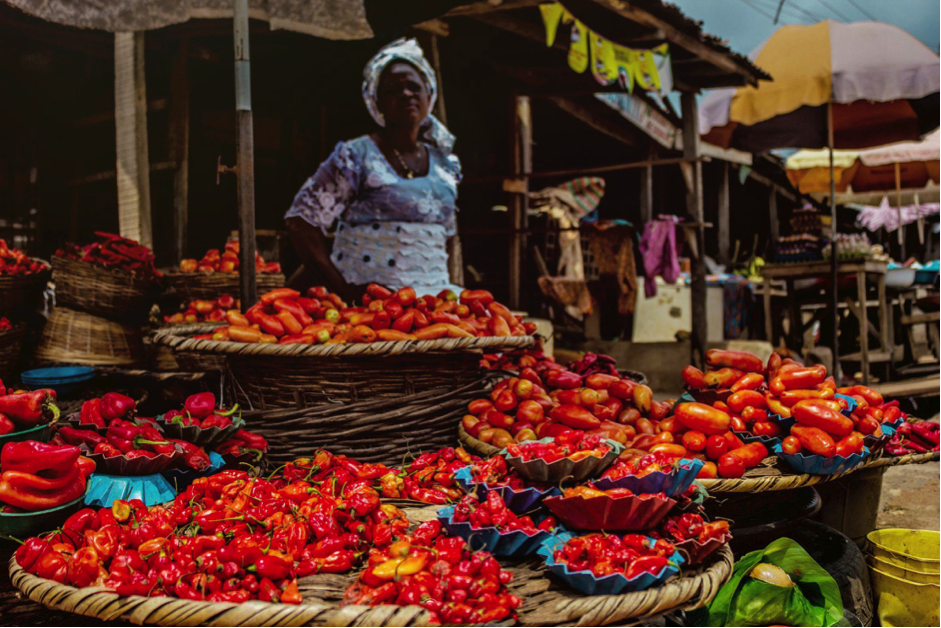The consumer price index (CPI), which measures the rate of change in prices of goods and services, rose to 22.22 percent in April 2023, up from 22.04 percent in the previous month.
The inflation rate data is contained in the latest CPI report released on Monday by the National Bureau of Statistics (NBS).
The April increase comes across as the fourth consecutive surge in the country’s inflation figure since the year began.
“Looking at the movement, the April 2023 inflation rate showed an increase of 0.18% points when compared to March 2023 headline inflation rate,” the report reads.
Advertisement
“Similarly, on a year-on-year basis, the headline inflation rate was 5.40% points higher compared to the rate recorded in April 2022, which was 16.82%.
“This shows that the headline inflation rate on a year-on-year basis increased in April 2023 when compared to the same month in the preceding year (i.e., April 2022).”
NBS said items such as food and non-alcoholic beverages; housing, water, electricity, gas & other fuel contributed largely on the divisional level to the increase in the headline index.
Advertisement
“The contributions of items on the divisional level to the increase in the headline index are presented below: food and non-alcoholic beverages (11.51 percent); housing, water, electricity, gas, and other fuel (3.72 percent),” the agency said.
“Clothing and footwear (1.70 percent); transport (1.45 percent); furnishings, household equipment and maintenance (1.12 percent); education (0.88 percent); health (0.67 percent); miscellaneous goods and services (0.37 percent); restaurant and hotels (0.27 percent); alcoholic beverage, tobacco and kola (0.24 percent); recreation and culture (0.15 percent) and communication (0.15 percent).”
FOOD INFLATION RISES TO 24.61%
The report said food inflation rose to 24.61 percent in the month under review, an uptick compared to the 24.45 percent recorded in the preceding month.
Advertisement
The rise in the food index, NBS explained, was caused by increases in prices of oil and fat, bread and cereals, fish, potatoes, yam and other tubers, fruits, meat, vegetable, and spirits.
“On a month-on-month basis, the food inflation rate in April 2023 was 2.13%, this was 0.06% points higher compared to the rate recorded in March 2023 (2.07%),” the report further reads.
“The average annual rate of food inflation for the twelve months ending April 2023 over the previous twelve months average was 23.22%, which was 4.35% points increase from the average annual rate of change recorded in April 2022 (18.88%).”
KOGI, KWARA, BAYELSA RESIDENTS PAID MOST FOR FOOD IN APRIL
Advertisement
Analysing state profiles, the NBS said residents of Kogi, Kwara and Bayelsa states paid the most for food during the period under review.
“In April 2023, food inflation on a year-on-year basis was highest in Kogi (29.50%), Kwara (29.48%), and Bayelsa (29.38%), while Sokoto (19.55%), Taraba (20.20%) and Jigawa (20.68%) recorded the slowest rise in food inflation on a year-on-year basis,” the report adds.
Advertisement
“On a month- on-month basis, however, April 2023 food inflation was highest in Cross River (4.65%), Bayelsa (3.61%), and Ekiti (3.49%), while Jigawa (0.14%), Katsina (0.44%) and Osun (0.62%) recorded the slowest rise in food inflation on a month-on-month basis.”
Advertisement
Add a comment






